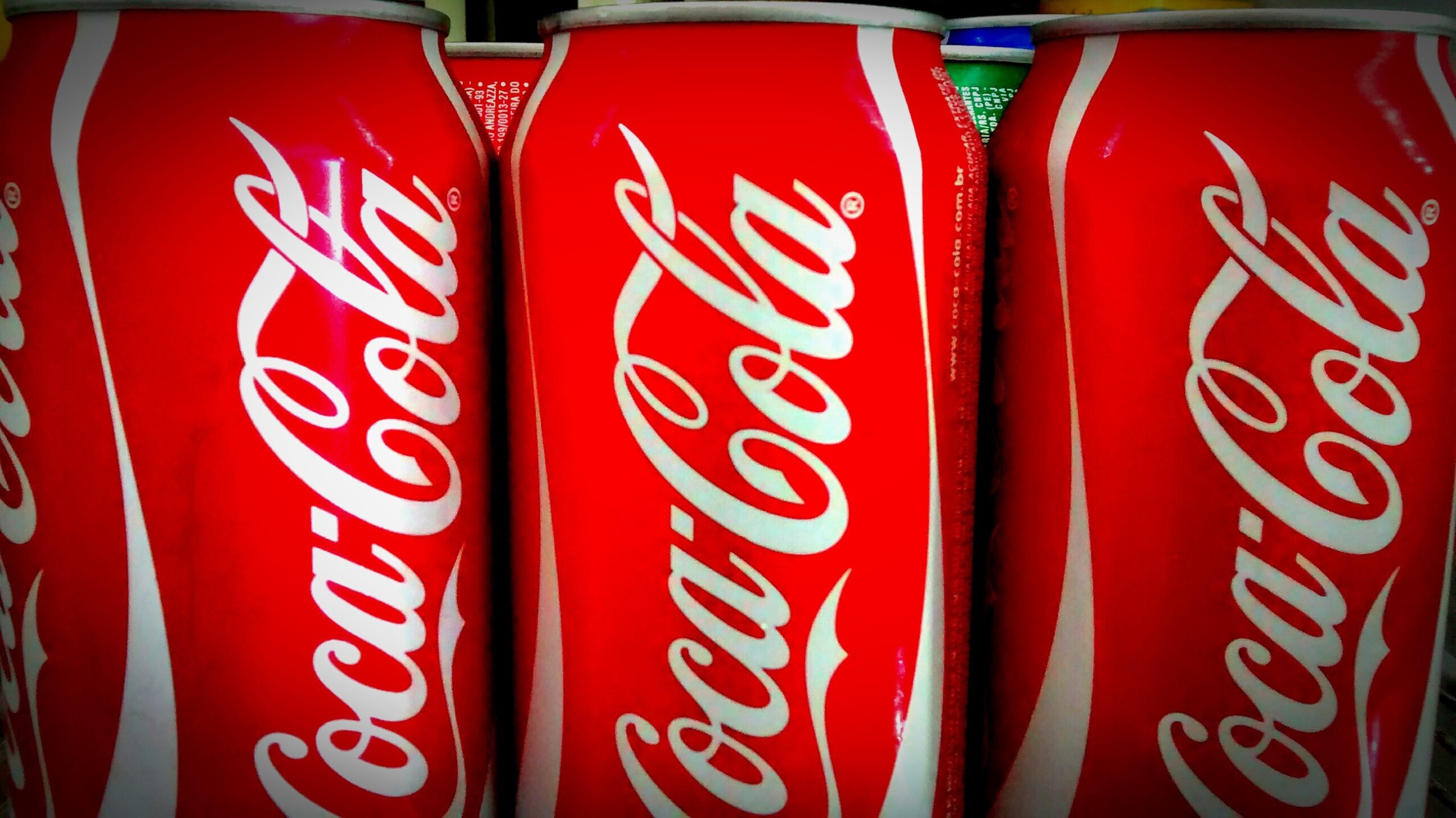Coca-Cola: More Than Just a Beverage, A Global Legacy
Coca-Cola: More Than Just a Beverage, A Global Legacy
calendar_month
25.03.2025
stylus_note
K. Hromkova
lists
Building a Brand
| calendar_month | 25.03.2025 | stylus_note | K. Hromkova | lists | Building a Brand |
|---|

Coca-Cola is one of the most recognizable and beloved brands in the world, found in nearly every country and enjoyed by millions every day. What started as a small pharmacy drink in the 19th century has grown into a global cultural icon, thanks to smart marketing, powerful branding, and emotional storytelling. This article explores how Coca-Cola became a worldwide success and the strategies behind its lasting popularity.
A Brief History of Coca-Cola
Coca-Cola was invented in 1886 by Dr. John Stith Pemberton, a pharmacist in Atlanta, Georgia. Originally marketed as a medicinal tonic, it was sold at a local pharmacy for just five cents per glass. The formula was later purchased by businessman Asa Candler, who saw the potential of the drink and aggressively expanded its reach. By the early 20th century, Coca-Cola had already established itself as a nationally recognized brand in the United States.
How Coca-Cola Became a Global Brand
Coca-Cola’s worldwide popularity is the result of brilliant marketing strategies, widespread distribution, and a universal appeal. Unlike many other brands, Coca-Cola focused on building an emotional connection with consumers rather than just selling a product.
Celebrity Collaborations and Cultural Influence
Coca-Cola has long understood the power of celebrity endorsements, partnering with musicians, actors, and sports legends to boost its popularity. Over the years, stars like Elvis Presley, Taylor Swift, Selena Gomez, and Beyoncéhave appeared in Coca-Cola campaigns, reinforcing its status as a trendy and youthful brand.
In sports, Coca-Cola has also been a major sponsor of the FIFA World Cup, the Olympics, and the NBA, strengthening its connection with global audiences and fans. These collaborations have allowed Coca-Cola to remain relevant and aspirational across different generations.
Marketing Through Family, Friendship, and Special Moments
Coca-Cola’s marketing has always focused on creating an emotional bond with consumers. Rather than just promoting taste or ingredients, Coca-Cola’s commercials highlight moments of joy, friendship, and family togetherness.
Some of the most memorable Coca-Cola campaigns include:
• The Coca-Cola Christmas Campaigns – The iconic Santa Claus advertisements, first introduced in the 1930s, helped shape the modern image of Santa as a jolly, red-suited figure. The “Holidays Are Coming” commercial featuring Coca-Cola trucks remains a Christmas tradition.
• The “Share a Coke” Campaign – By personalizing bottles with common names, Coca-Cola encouraged people to share a Coke with friends and loved ones, creating a personal and interactive experience.
By associating itself with happiness, celebrations, and shared moments, Coca-Cola has secured a deep-rooted place in pop culture.
Product Expansion and Innovation
To stay relevant, Coca-Cola has expanded its product range beyond the original formula. Today, it offers a variety of beverages, including Diet Coke, Coke Zero, flavored Coca-Cola variants. The company has also embraced technological innovation, introducing customized vending machines, digital marketing campaigns, and eco-friendly packaging to appeal to modern consumers.
Coca-Cola’s Lasting Legacy
Coca-Cola is more than just a beverage—it is a symbol of happiness, nostalgia, and cultural influence. Its ability to adapt to changing trends while staying true to its brand values is what makes it one of the most successful and enduring companies in the world.
With its strong branding, emotional advertising, and continuous innovation, Coca-Cola continues to inspire and connect people across generations. Whether it’s a hot summer day or a festive holiday season, Coca-Cola remains “the real thing.”

